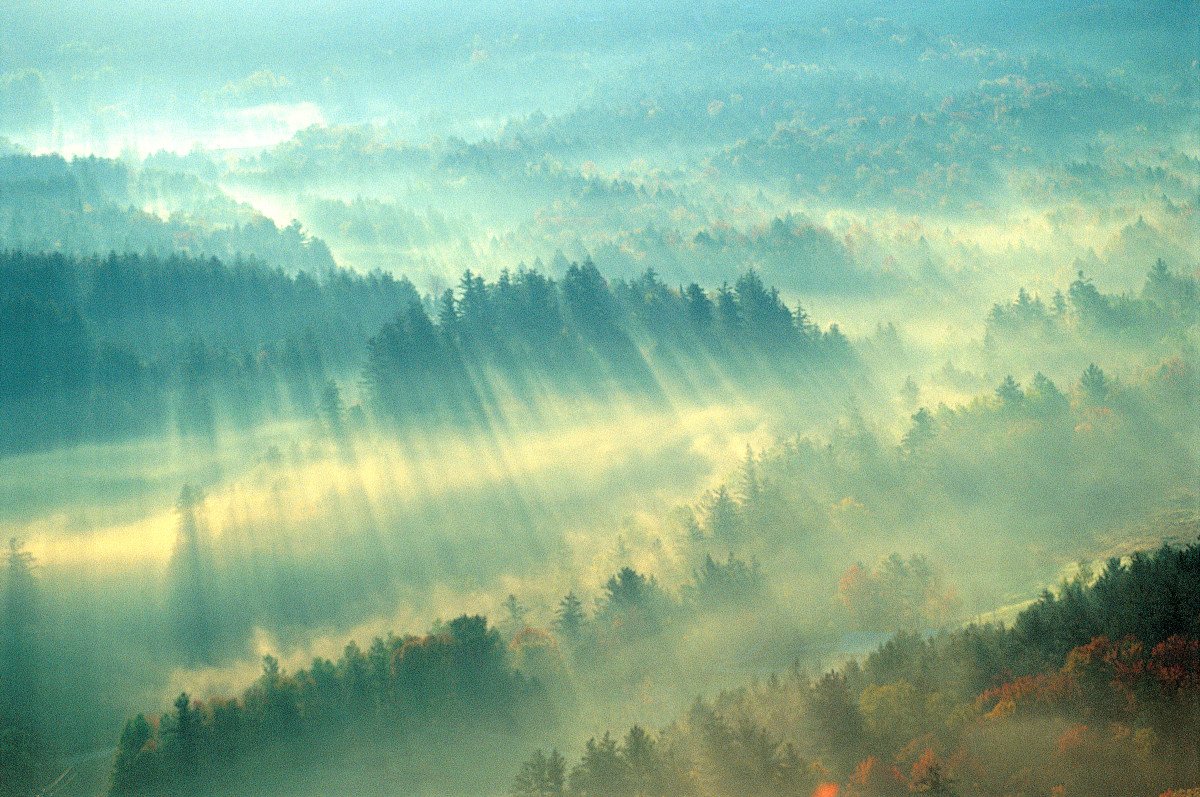Wildlands Network's Future Forests Reimagined Initiative Secures $40,000 Grant for Virtual Workshop Series
The Green Mountains of Vermont. Photo: Adobe Stock / spriritofamerica
Advancing ecological forestry aimed to protect and restore old forests, and promote rewilding and restoration in UNESCO Biosphere regions in the U.S. and Canada.
Wildlands Network is thrilled to announce that its Future Forests Reimagined (FFR) Initiative has been awarded a $40,000 grant to convene a virtual workshop series for eight UNESCO Biosphere regions in Quebec, New Brunswick, Nova Scotia, and Ontario, as well as partners in New York and Vermont within or bordering the Northern Appalachian-Acadian-Wabanaki (NAPAW) bioregion.
The workshop series aims to advance ecological forestry, identify and protect and restore old forests, and promote rewilding and restoration across the ecoregion through the Biosphere Reserves. Additionally, it will enhance international exchange, indigenous participation, and collaboration between the Champlain Adirondack Biosphere Network and up to other Eastern Canada biosphere regions.
Opening and closing remarks from Indigenous Elders will frame the collective spirit to inspire participants to proactively plan for future older forests in each bioregion.
Topics to be covered include:
Bioregionalism: Perspectives from three nations; Case Study - We Rise Together.
Identifying and Implementing Strategies: Indigenous Perspectives; Forest Protection and Active Management.
Silviculture and Forest Economics: Grounding our knowledge and understanding from three-nation perspectives; Practical applications of forest economics and conservation finance.
Old Forests Science and Conservation: The science of old forests; Old Growth Forest Restoration.
Moving the Needle: Humanizing our efforts with Elder Albert Marshall; Water and culture across boundaries.
Each bioregion will provide access for Indigenous peoples and community members within their region to attend. The FFR team will encourage and assist each bioregion to develop a white paper strategy for the Future Forest tailored to their region within the larger ecoregion.
Funding for this project comes from a 2024 Special Program focused on the Champlain-Adirondack Biosphere Grant from the Champlain Valley National Heritage Partnership. This project has been funded wholly or in part by the Great Lakes Fishery Commission (GLFC) under an assistance agreement to the New England Interstate Water Pollution Control Commission (NEIWPCC) in partnership with the Lake Champlain Basin Program.
For more information, please contact:
Christine Laporte
Director, Northern Appalachian-Acadian Program
christine@wildlandsnetwork.org



